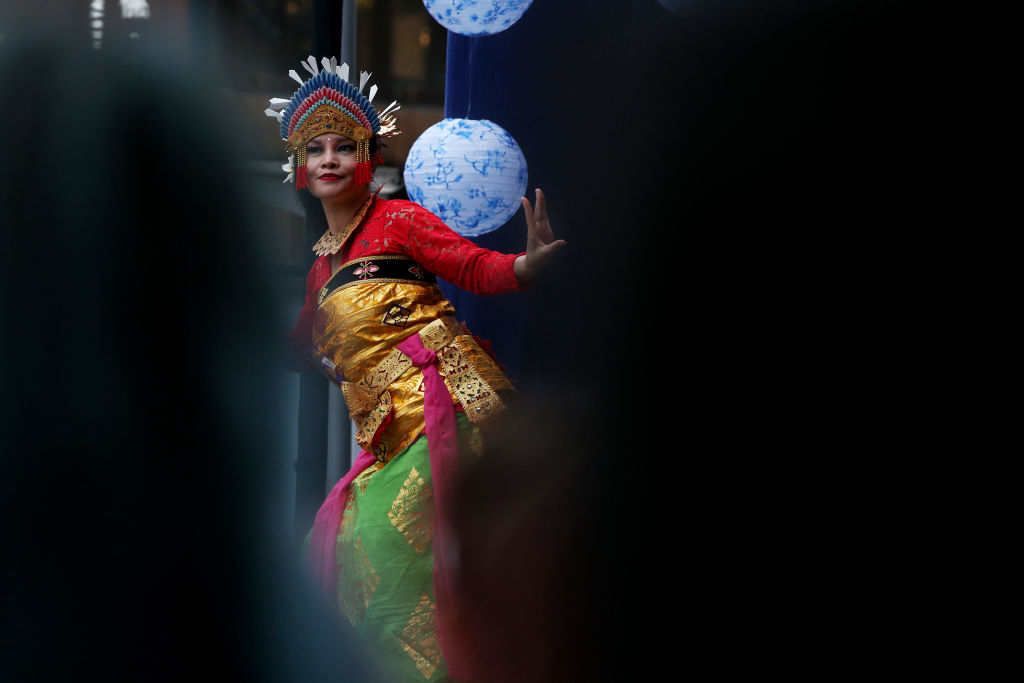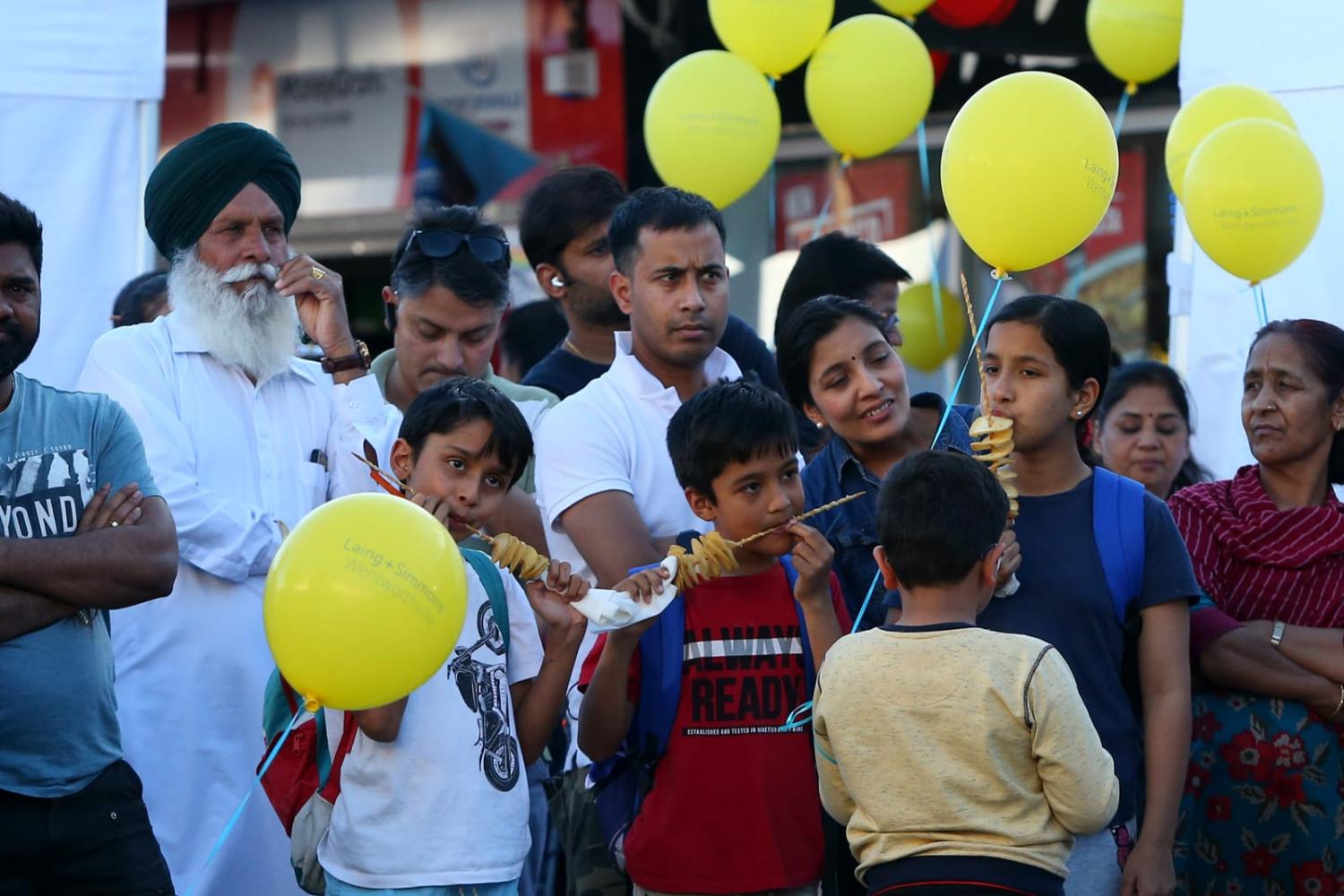Australia is without a doubt an increasingly diverse and pluralistic country. The recent 2021 Census found that a majority of the population are now migrants or the children of migrants. Around one in five Australians speak a language other than English at home. And one quarter of us have an overseas non-European cultural background.
While Australians like to talk about how we are a successful multicultural country, this can often feel superficial, primarily focused on dance, dress and dining. Our institutions still feel very much monocultural, whether it be politics, business, the arts or the media. If Australia does not want to be seen internationally as remnants of British colonialism on the edge of Asia, that requires things to change.
Becoming a republic, changing Australia Day, learning Asian languages and improving culturally diverse representation are usually what spring to mind. But one practical and powerful yet simple thing we could do is make more culturally and religiously significant days public holidays. As we learnt last year from the National Day of Mourning for Queen Elizabeth II, declaring a public holiday does not require any new legislation – all it requires is for state and territory governments to gazette the day with some notice.
Of our top five countries of birth excluding Australia, three are Asian countries (China, India, the Philippines), and one in ten now have a religion other than Christianity. As our population becomes increasingly diverse, we should be recognising many other significant cultural and religious days as public holidays to reflect this change. There has already been discussion about making Diwali a public holiday and given Australia already likes to boast that Sydney has one of the largest Lunar New Year celebrations outside of Asia, it seems like a no brainer to embrace them as Australian public holidays.

It is far from a radical idea. While we mythologise ourselves as the “land of the long weekend”, many countries in the Indo-Pacific region have more public holidays than Australia because of their multicultural makeup. Neighbouring countries like Malaysia, Singapore and Indonesia recognise a range of diverse cultural and religious days as public holidays whether it be Buddha’s birthday, Diwali, Lunar New Year, Eid or Christmas Day. It is also not without precedent in Australia. On Christmas Island, Lunar New Year is a public holiday, and on both Christmas Island and the Cocos (Keeling) Islands, Eid is.
Conversely, while the number of Australians identifying as Christian continues to shrink, Australia's public holidays still reflect Western Christian traditions. Data from the Household, Income and Labour Dynamics in Australia survey collected in 2018 suggests that only one quarter of Australians attend a Christian church even once each year. Equity suggests that days of significance for those from other cultural and religious backgrounds should also be recognised in addition to our existing public holidays.
There will, of course, be opposition from those who do not believe we should have any more public holidays but there is a strong base for community support. The Scanlon Foundation’s 2022 Mapping Social Cohesion report found seven in ten (69 per cent) believe we should do more to learn about the customs and heritage of different ethnic and cultural groups in the country. Rather than fostering division, more public holidays would create a greater sense of unity by encouraging greater societal understanding of different beliefs and practices, normalising cultural pluralism in Australia. The debate over whether to change Australia Day shows us the symbolic power that public holidays can have on our national narrative and sense of identity.
The impact of a more inclusive approach to public holidays would go far beyond our shores. It would challenge existing preconceptions about Australia, showing that it does not simply see itself as a Western outpost on the edge of the Indo-Pacific with a diverse culinary palate and send a strong signal across the wider region. The message would be that Australia does not just talk about how it is a successful multicultural country, our society genuinely recognises that our cultural and religious diversity is important for every single Australian – and that our cultural and religious diversity is institutionally embraced as part of what makes Australia a welcoming liberal democracy.
In an era where concerns about illiberalism and intolerance across the globe are growing, it would be a powerful symbolic statement from a Western liberal democracy.

